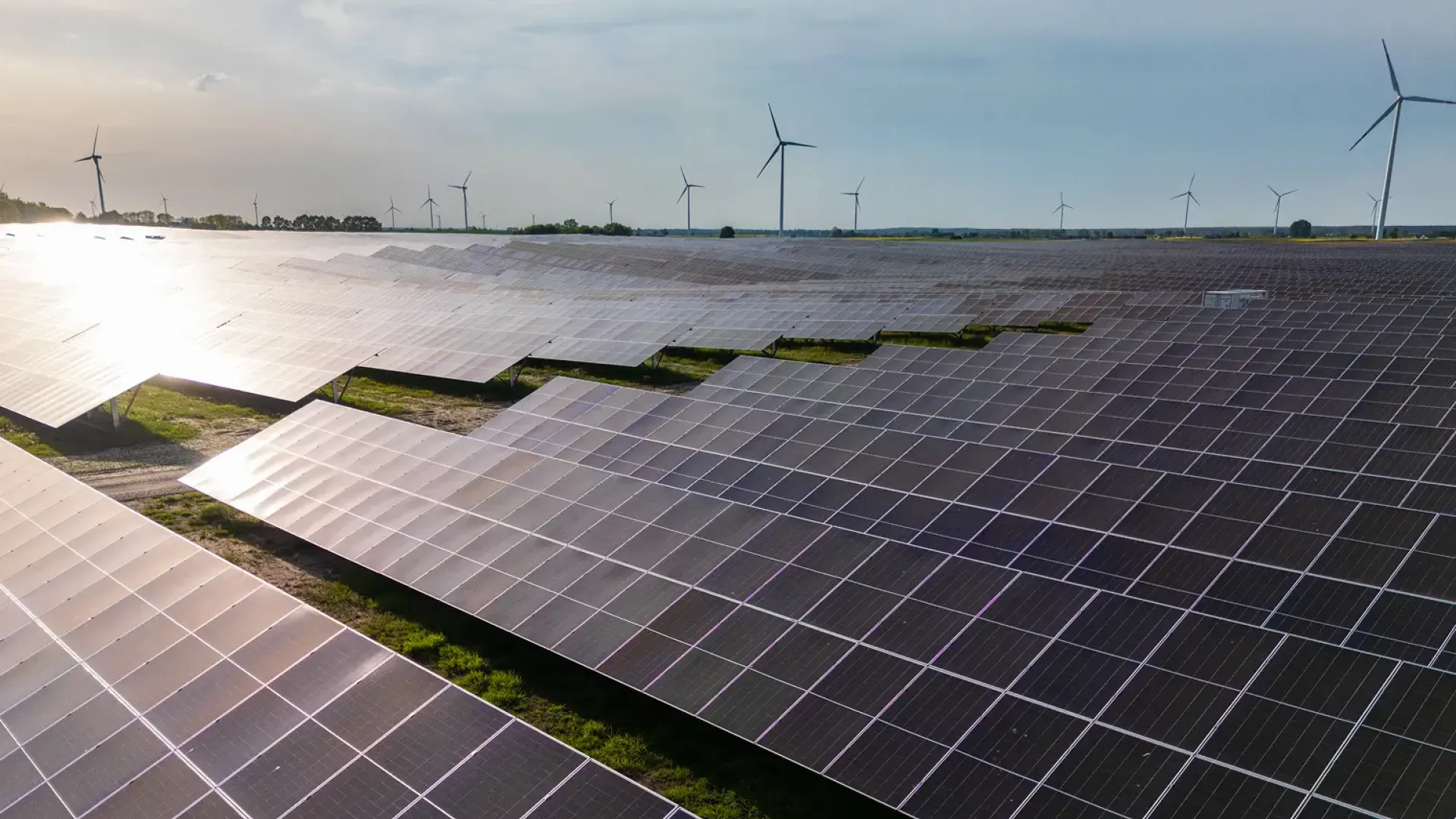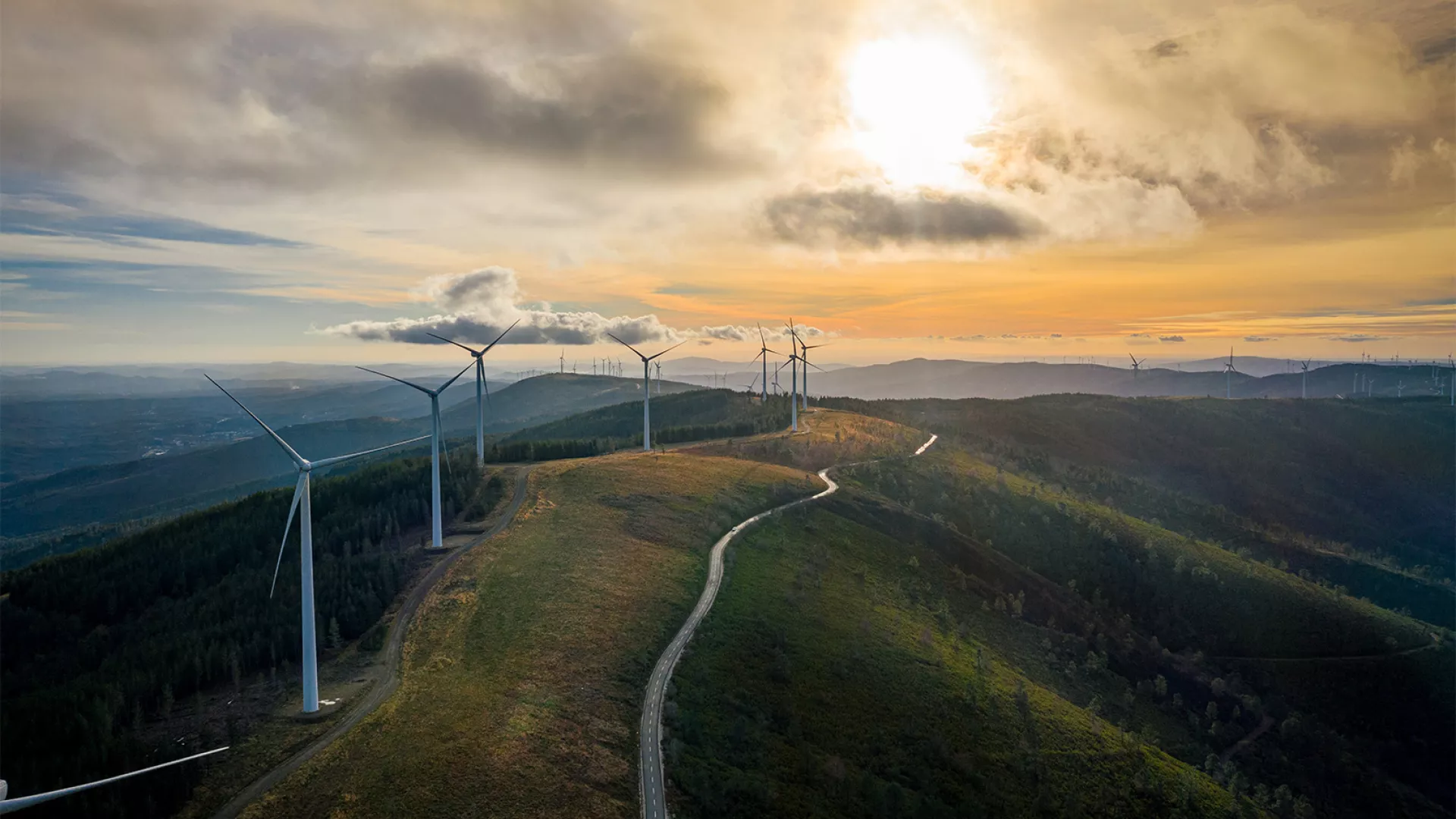
EDPR Investors
EDP Renewables is a global leader in clean energy, with a clear growth trajectory and a stable yet diversified portfolio

Who we are
A company with the know-how, expertise, and ability to continue spearheading a clean energy movement while bringing benefits to the region in which it operates.
Content card grid
Investor information
You can access all the important data and facts about the company, stay up to date with the latest market releases, and learn about upcoming events.
Share
We are leaders due to our capacity of anticipating and implementing, and, therefore, fulfil the commitments that we embraced in the presence of our shareholders.
Corporate governance
We are committed to transparency in the way we manage our business. Read about our governing bodies and management structure.
Investor kit
Look up the latest reports and presentations.
1Q25 Results Presentation
EDPR released 1Q25 results on May 8th, before the opening of the Euronext Lisbon.
Meet the Investor Relations team
People card grid

About EDP Group
For comprehensive corporate information on the topics listed below, please visit our global website at edp.com
Responsible action
Sustainability is part of our daily commitment to the environment.
What we do
We produce, manage and distribute energy, with a clear focus on renewables, decarbonisation and working for a greener and better tomorrow.
Careers
Our energy and heart drive a better tomorrow.
Innovation
We are building the future powered by the most innovative solutions.
1748605676




